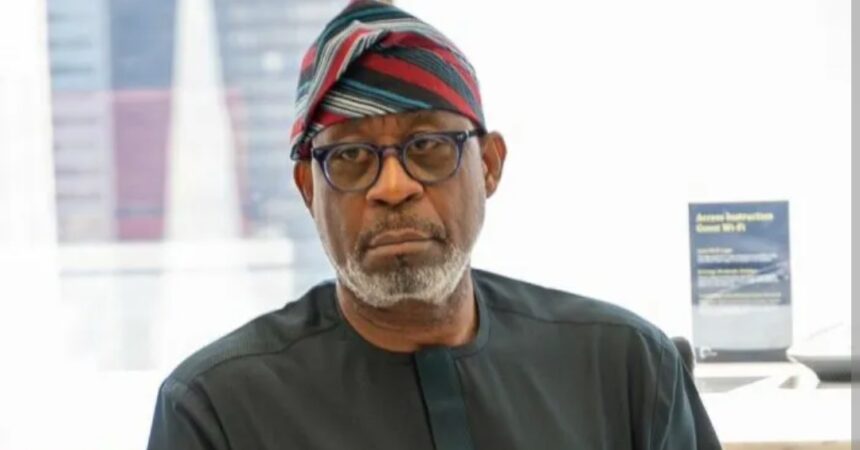The Federal Government has been urged to clamp down on schools in Nigeria that charge tuition fees in foreign currencies, as the practice continues to undermine the value of the naira and deepen economic instability.
Minister of Solid Minerals Development, Dr. Dele Alake, made the call during the Nigeria Gold Day Celebration held alongside the 10th edition of Nigeria’s Mining Week in Abuja. He described the trend as an “economic anomaly” that contributes to the persistent depreciation of the national currency.
“I will propose to the Federal Executive Council that all schools in Nigeria charging in foreign currencies should be closed. These are part of the leakages weakening our economy,” Alake declared.
According to the minister, Nigerians who pay dollars or pounds to local schools inadvertently fuel demand for scarce foreign exchange, placing additional pressure on the naira.
“You can’t establish a school in the UK and charge fees in naira. It’s only in this country that we see such contradictions that destroy the economy,” he said, calling for urgent policy intervention.
Alake stressed that Nigeria must realign its value system toward productivity and economic regeneration, warning that unchecked practices like foreign-currency billing within the country erode monetary sovereignty.
Speaking on efforts to strengthen fiscal transparency in the mining sector, the minister noted that the Federal Government, through the Solid Minerals Development Fund (SMDF), is implementing the National Gold Purchase Programme (NGPP) to buy gold directly from artisanal miners in naira. The initiative, he explained, is designed to conserve foreign reserves and stabilize the exchange rate.
SMDF Executive Director, Hajiya Fatima Shinkafi, added that investor confidence in gold exploration is rising, urging stakeholders to seize emerging opportunities in Nigeria’s mining sector.
The 2025 Nigeria Mining Week, themed “Nigeria Mining: From Progress to Global Relevance,” runs from October 13 to 15 and is organized by the Miners Association of Nigeria in partnership with PricewaterhouseCoopers (PwC) and the VUKA Group.

